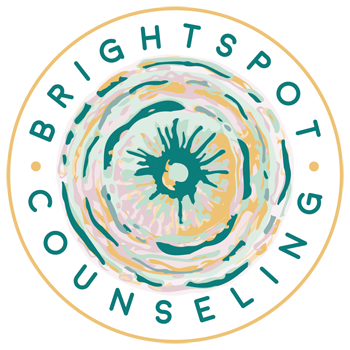We are social creatures and are hardwired with the need to relate to others. Yet some of us feel isolated despite being surrounded by people. We struggle to belong even when we are in the company of friendly and familiar faces. This is the world of social anxiety – where a deep sense of discomfort and detachment characterizes almost every social interaction
THE HEART OF IT:
At the heart of social anxiety is an unwillingness to express our emotions. Fears of vulnerability or rejection discourage us from entrusting our feelings to other people. This can be especially true if we’ve been hurt in social situations in the past, and associate emotional expression with danger.
IT’S A CYCLE:
However it starts, unaddressed social anxiety works as a cycle: When we feel uneasy in the company of others, we bottle up our feelings or express feelings that aren’t genuine. This comes across as unwelcoming or inauthentic and makes it less likely for others to socialize with us. We feel rejected and alienated and less likely to share our emotions.
In summary, this is what it looks like: We withdraw from social exchanges → we feel less connected→ it becomes harder to feel comfortable in social situations→ we withdraw even more.
GETTING HEALTHY
Overcoming social anxiety with thought and behavior changes empowers us to connect more deeply to people and develop lasting and meaningful relationships.
There are three important anchors in a healthy relationship:
- Openness enables us to feel safer and more accepting of ourselves in the company of others. It helps us make the most of our social experiences. It’s all about letting our guard down and facing the world with a less self-conscious attitude.
- Flexibility allows us to navigate relationships with a wide variety of people, from coworkers and colleagues to friends and loved ones. This strengthens our support system and gives us more opportunities for personal growth. An example would be a situation when we truly listen to someone else’s views even if they are different from ours.
- Connectedness allows us to accept feeling vulnerable around the people whom we entrust with our emotions. This helps us develop meaningful relationships, where we can share our inner world and seek comfort in others.
Building these anchors may not be easy, but the rewards are immense.
If you need more support in any of these areas, make sure to contact a Bright Spot therapist that can help. It is well worth it! The satisfaction of having good relationships in our lives is too important to be dismissed.





